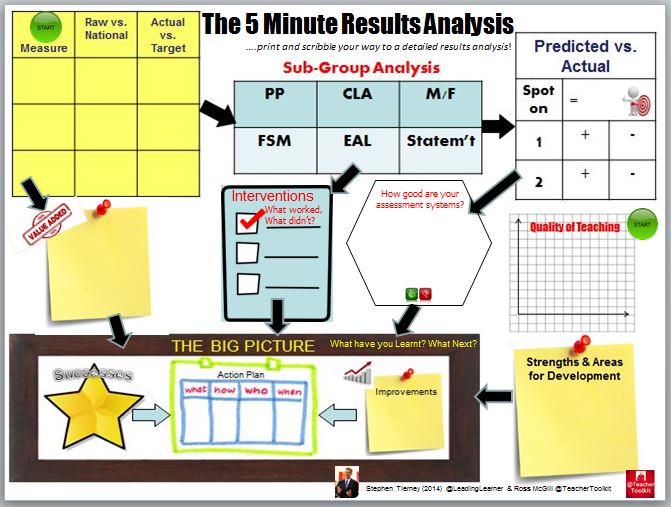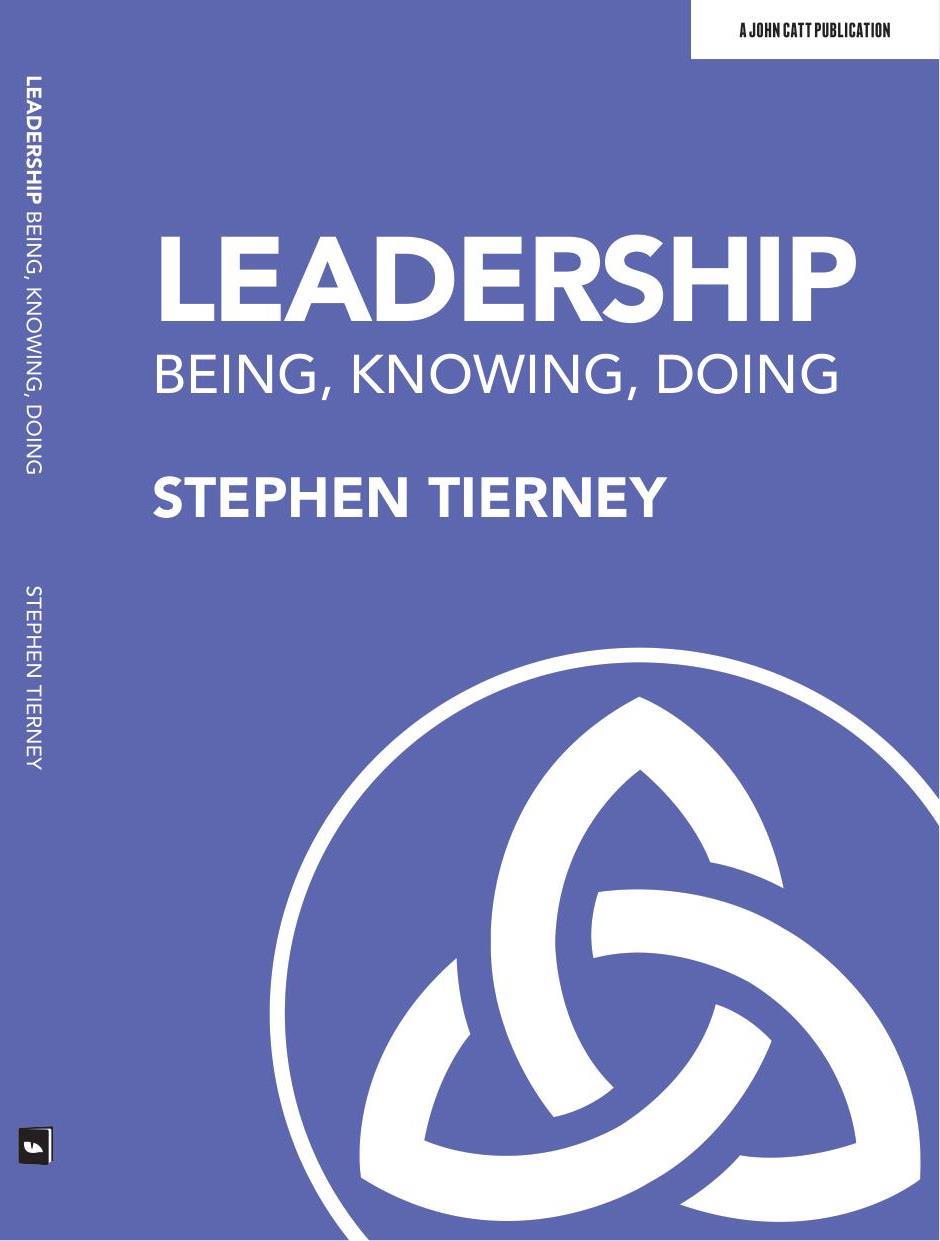This Results Collection consists of two related posts. The #5MinResultsAnalysis co-authored with @TeacherToolkit (Ross McGill) and Academic Review: Don’t Blame, Find Out & Fix.

Photo Credit: M Hilier via Compfight cc
Find Herbie
Greg McKeown in Essentialism: The Disciplined Pursuit of Less (2014) tells the story of Herbie.
A leader is trying to get a group of hikers safely from A to B by a certain time. Herbie is the slowest walker and continually falls behind. The whole group has to keep stopping to wait for Herbie. It wouldn’t be safe to allow the group to become split.
To solve the problem the leader places Herbie at the front of the group and the remaining hikers behind him, in ascending order of speed, so the quickest walker is at the back. Each hiker can easily keep up with the person in front of her/him. All members of the group are safely kept together but the problem remains that the group is moving slowly.
The leader redistributes the items in Herbie’s backpack amongst the other hikers. Herbie can now speed up and the whole group moves much more quickly from A to B.
It’s easy to get swept away by the emotions of a results day. They tend to be at one end or the other of the emotional scale. Nothing is really all bad or all good, there is always room for improvement. It is important to take time to be analytical and reflect on the results before moving to action. Too often we can waste time focussed on the wrong issue – Find Herbie.
The #5MinResultsAnalysis by @LeadingLearner & @TeacherTookit
This #5MinPlan (though it might take more than five minutes to complete) gives a means of analysing key aspects of results. It used the “The Reducing In-School Variation: Making Best Practice Standard Practice Report” to develop a line of thinking that could be equally valuable for school leaders, subject leaders and classroom teachers.
Academic Review: Don’t Blame, Find Out & Fix
This second post gives details of an approach used at St. Mary’s to follow up ant areas of concern. It is a detailed look at the various processes which may have impacted on the results. The key is to find Herbie – which element isn’t working for us. If you want people to engage in this process honestly and openly you need to be clear this isn’t a blame game. We simply want to find out what’s gone wrong and fix it together.
Script the Start
Managing change is difficult as people will be required to do some things differently. Habits can be hard to break even when the desire is there. It is important to be clear what is required from the start. I tend to work from the basis that teachers are good people. If they were clear about what to do they would already be doing it. Our approach was to produce a one page action plan with the few key agreed changes to implement. Progress against the plan was monitored about every eight or nine school weeks to coincide with our assessment cycles. This helped us keep focussed on the important changes when things got busy.

Photo Credit: Stephen Poff via Compfight cc
Interestingly the process has brought about some significant innovation with the departments engaged in Academic Review leapfrogging current practice. This is then shared and there is improvement of the system as a whole.
Good luck with this year’s analysis. I hope the numbers have been kind to you.





Discussion
Trackbacks/Pingbacks
Pingback: GCSE Results Analysis | mathsteachers - August 23, 2014
Pingback: GCSE Results Analysis I | mathsteachers - August 24, 2014
Pingback: GCSE Results Analysis I | mathsteachers - August 30, 2014
Pingback: Education Panorama (September ’14) by @TeacherToolkit@TeacherToolkit | @TeacherToolkit - August 26, 2015
Pingback: Education Panorama (September ’14) by @TeacherToolkit | | @TeacherToolkit - May 14, 2016